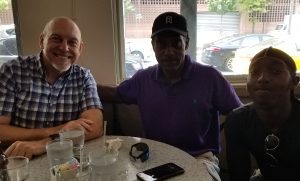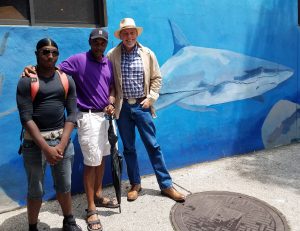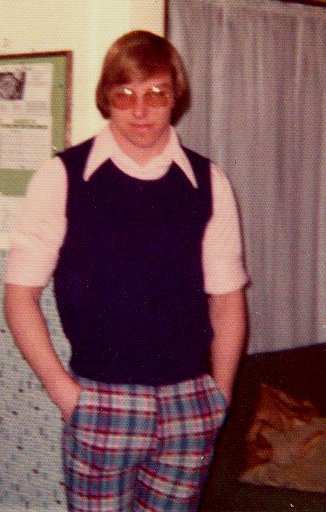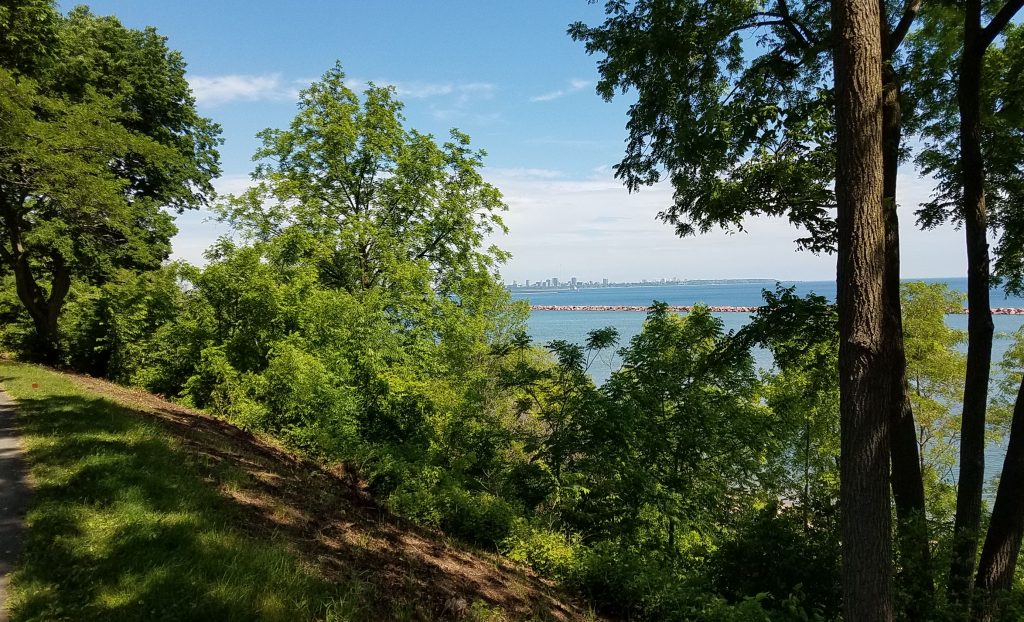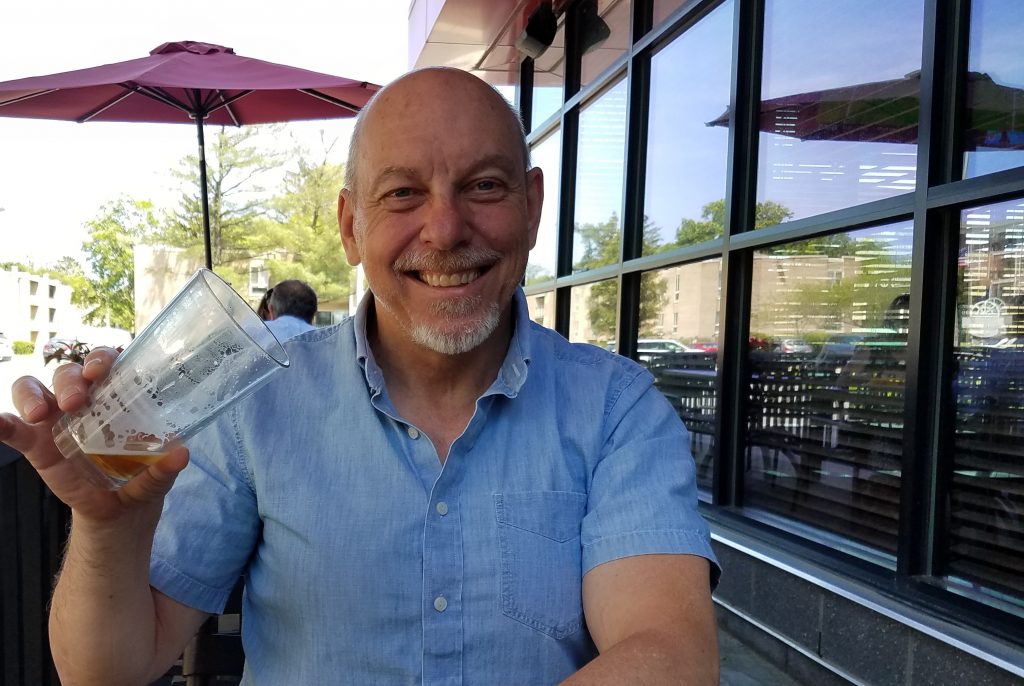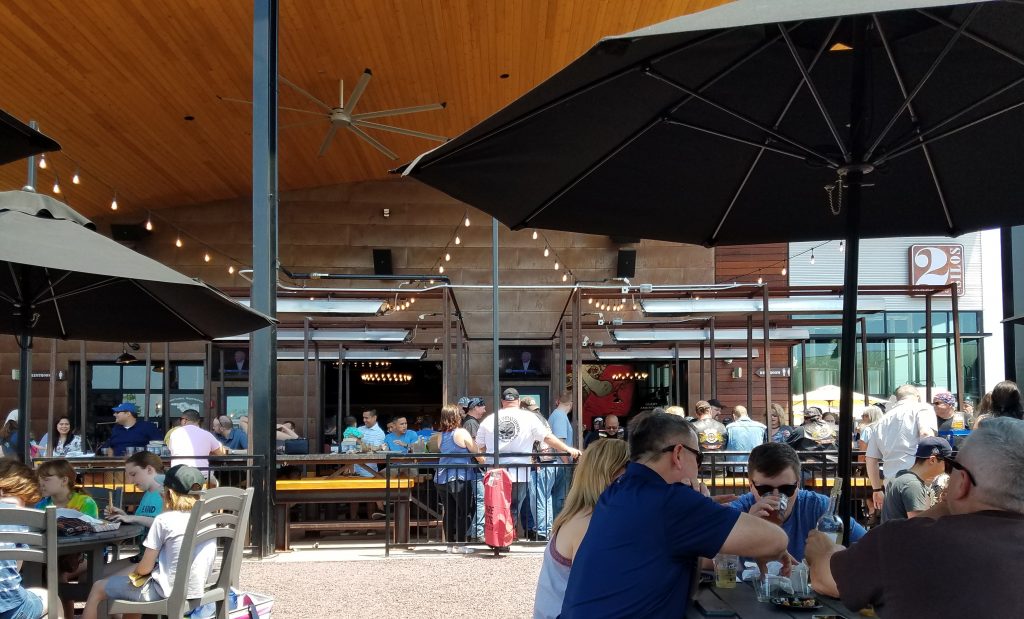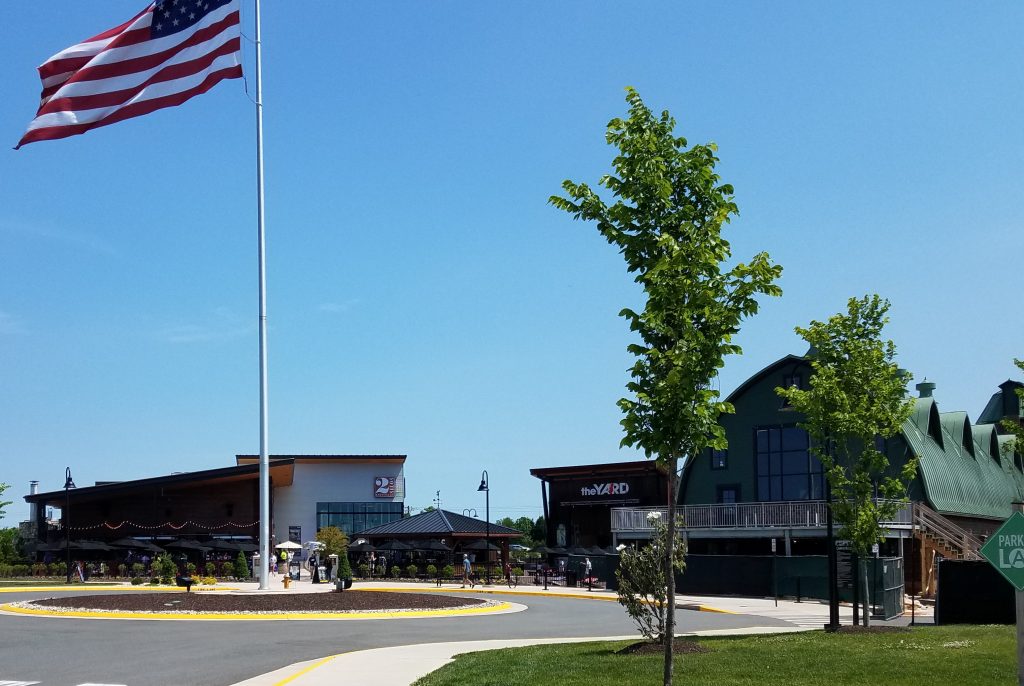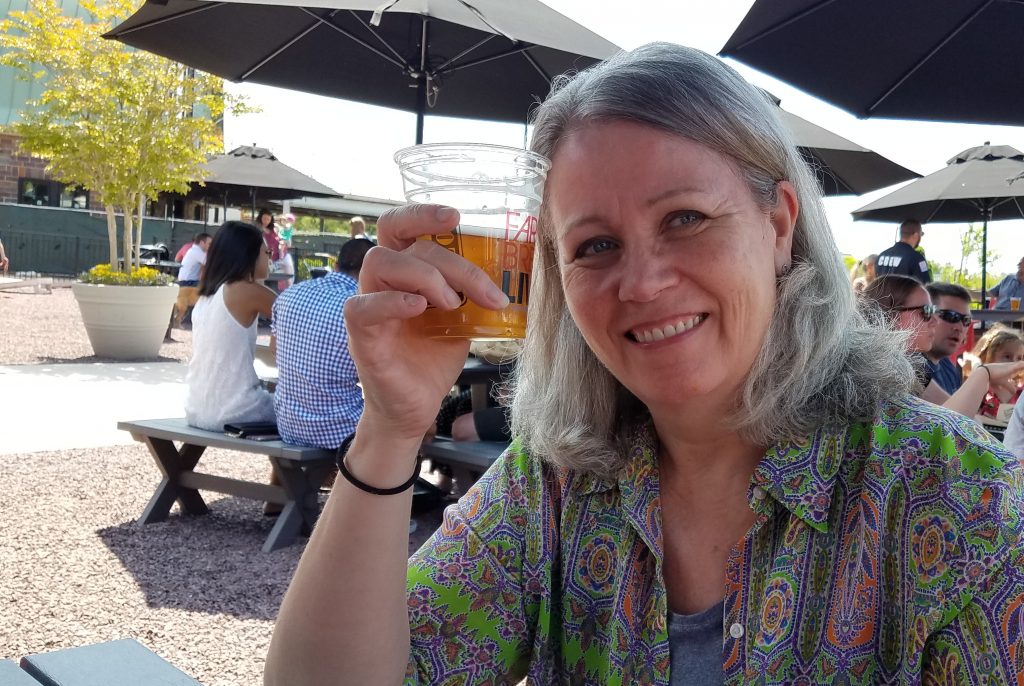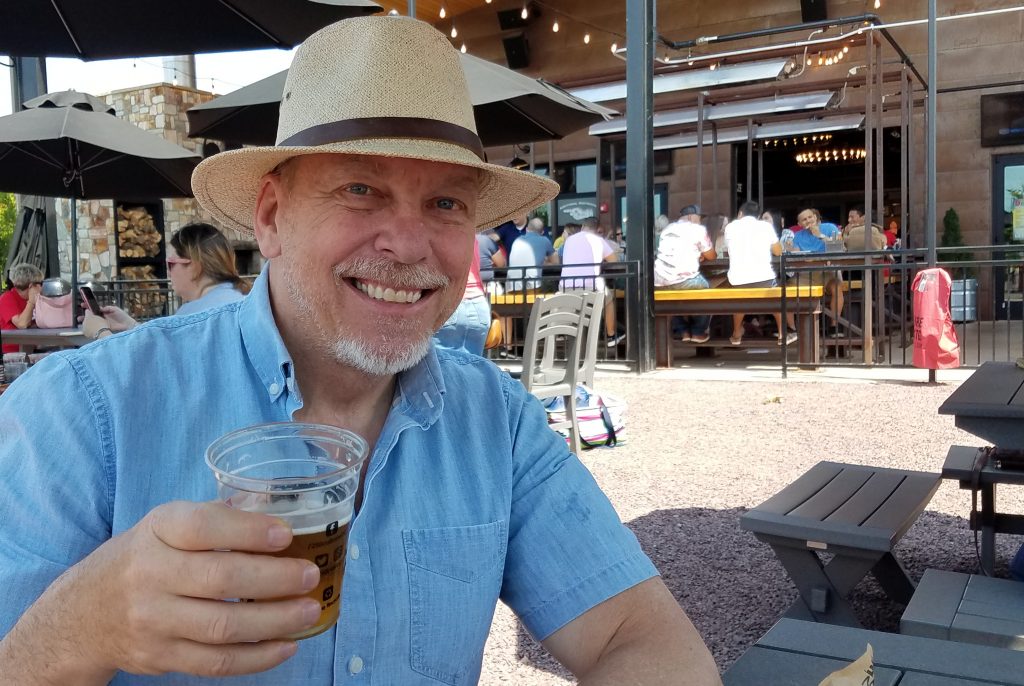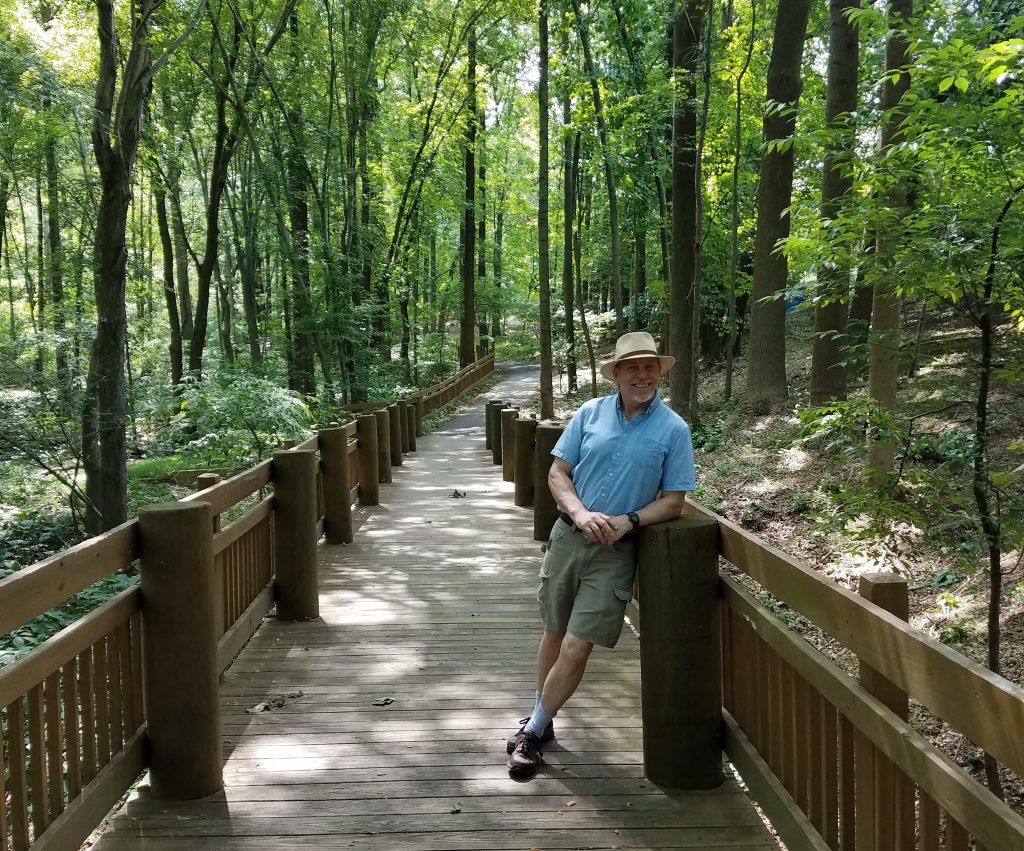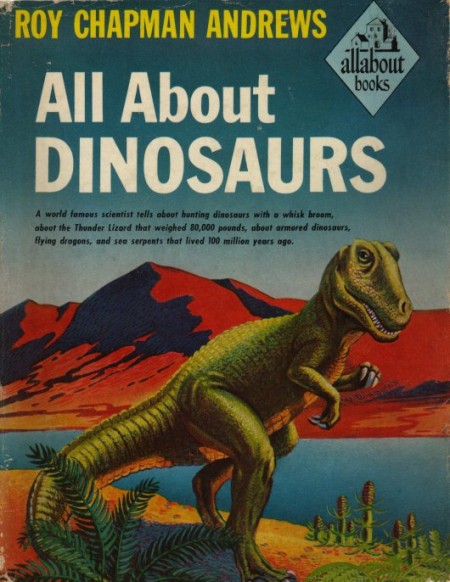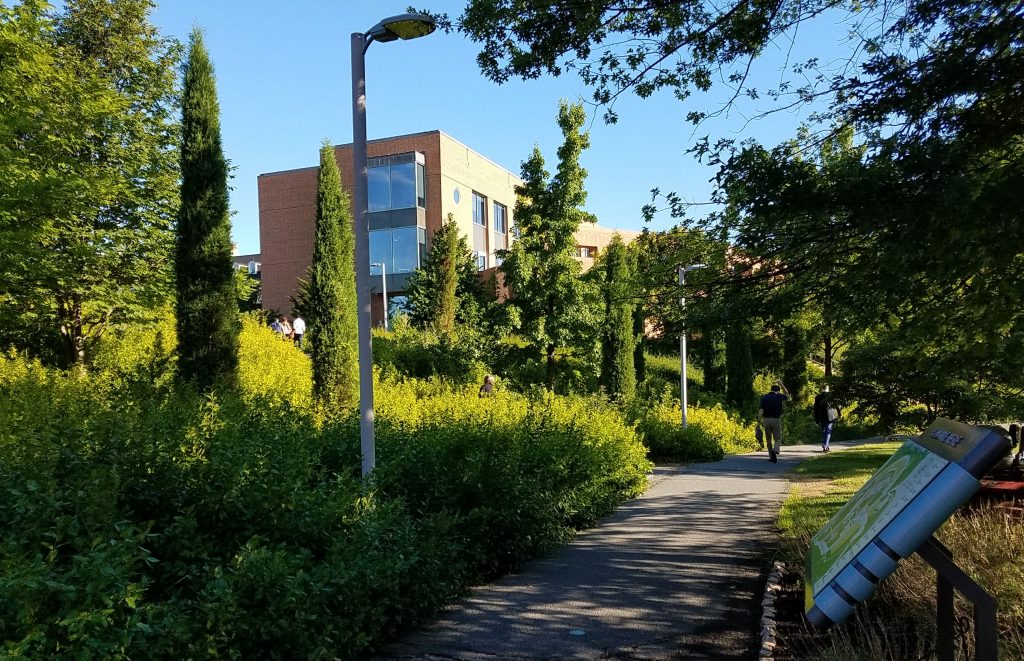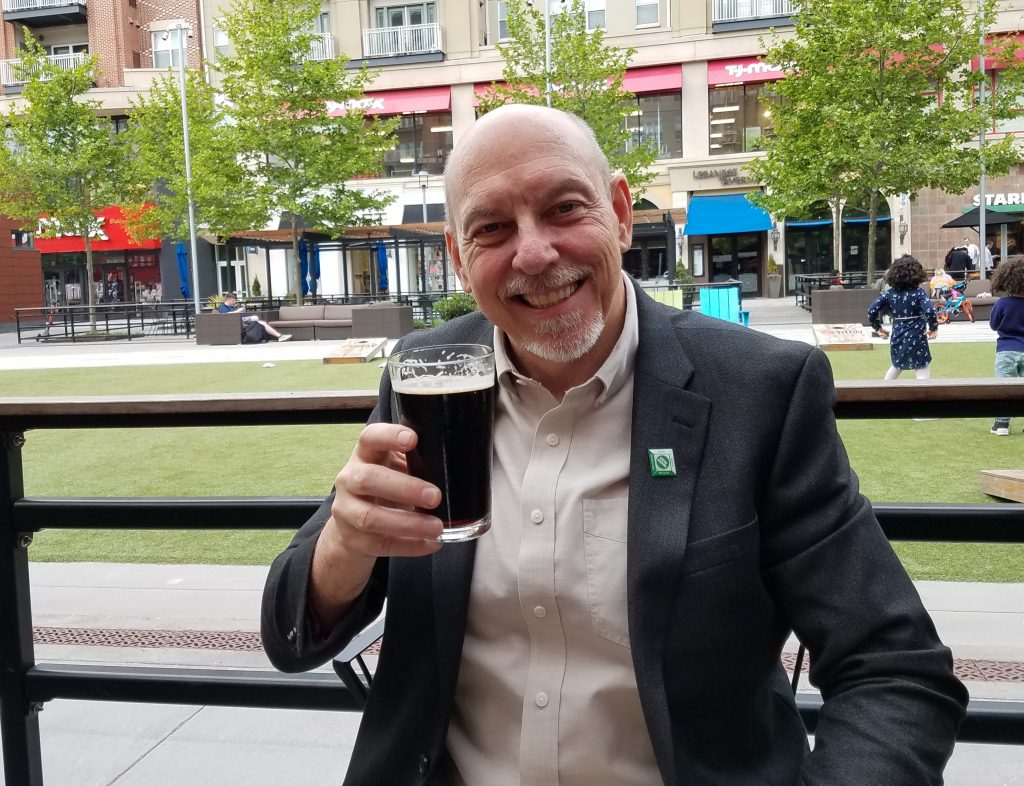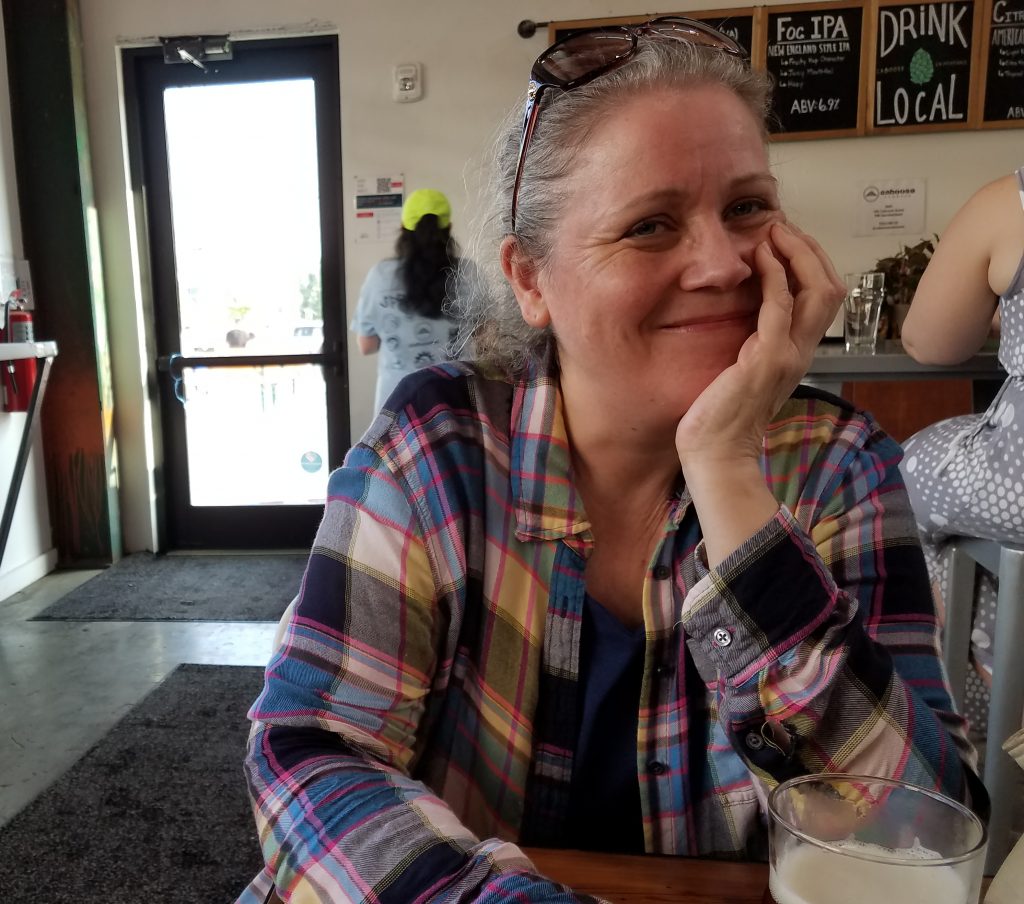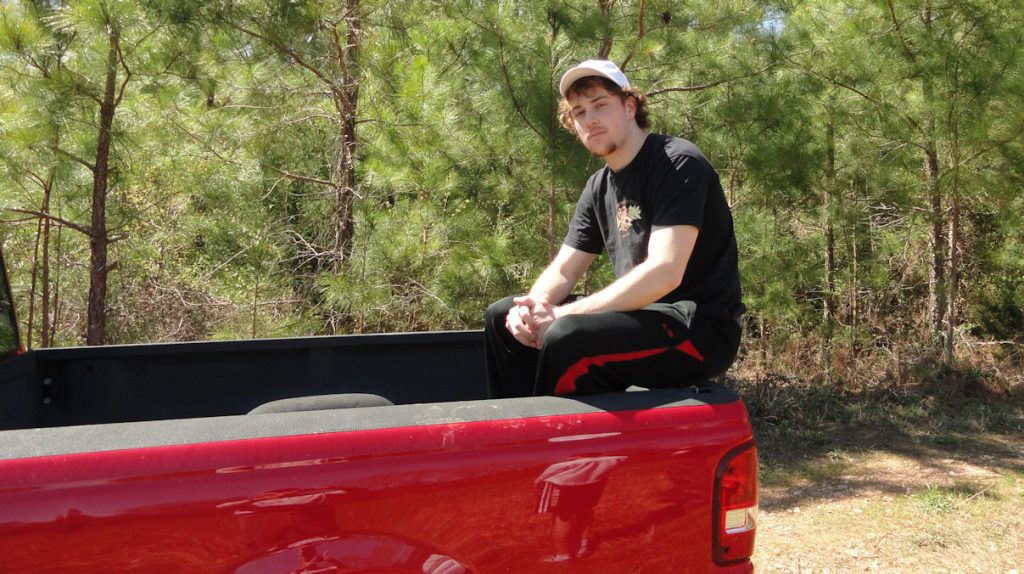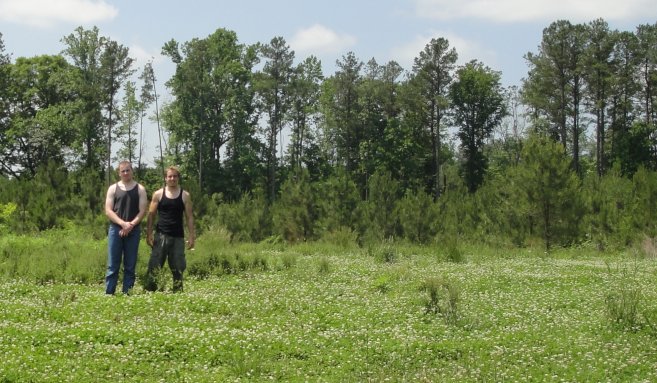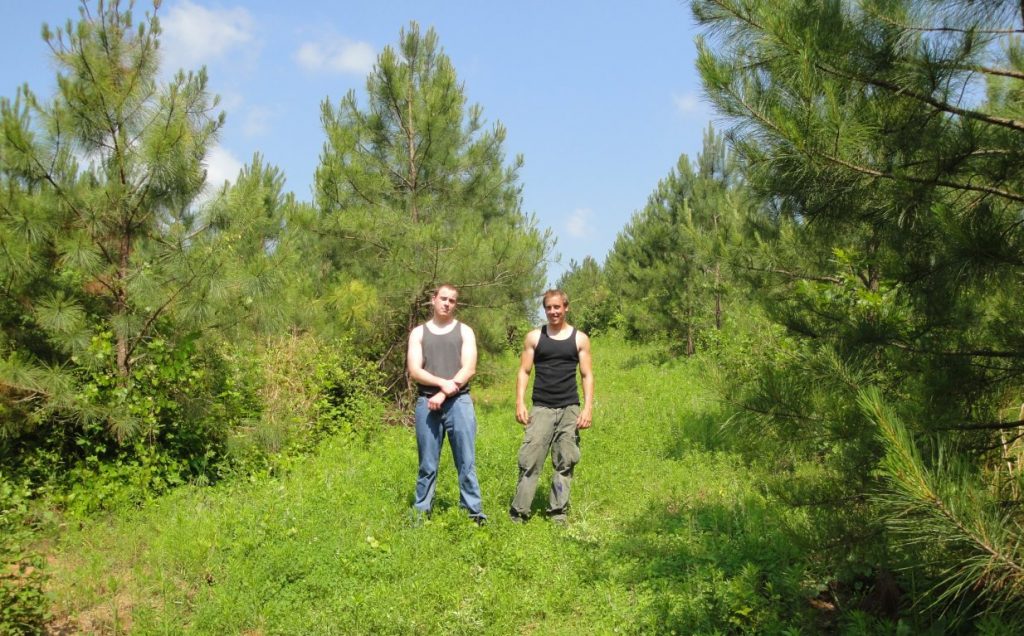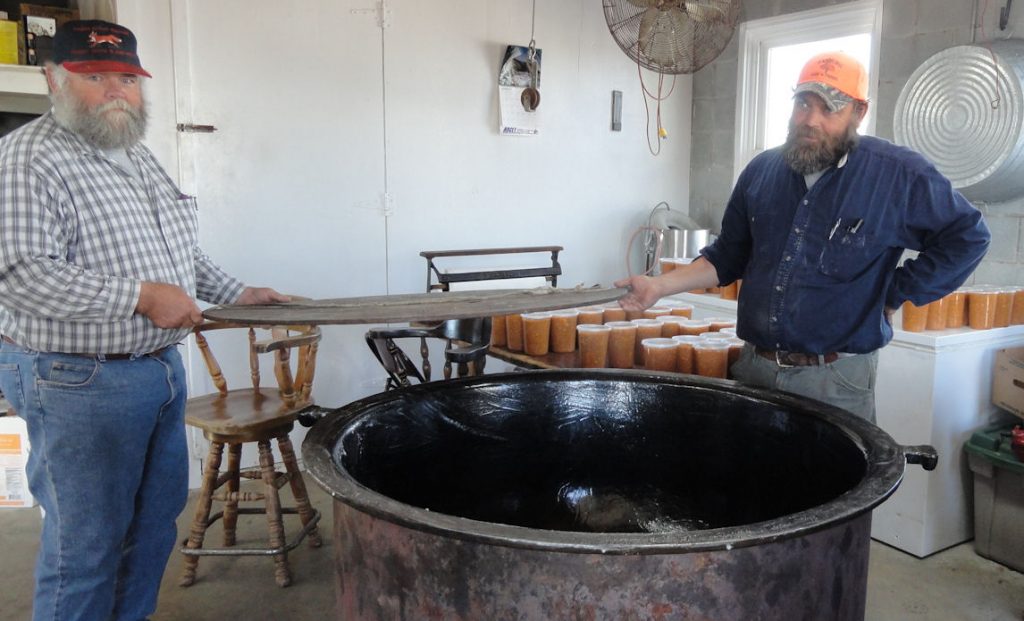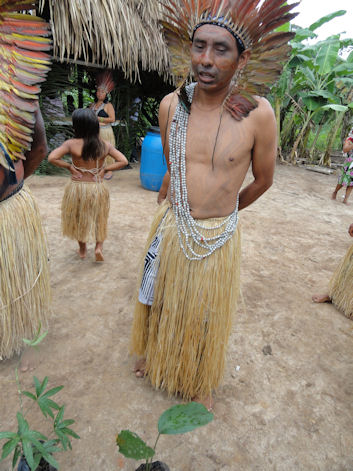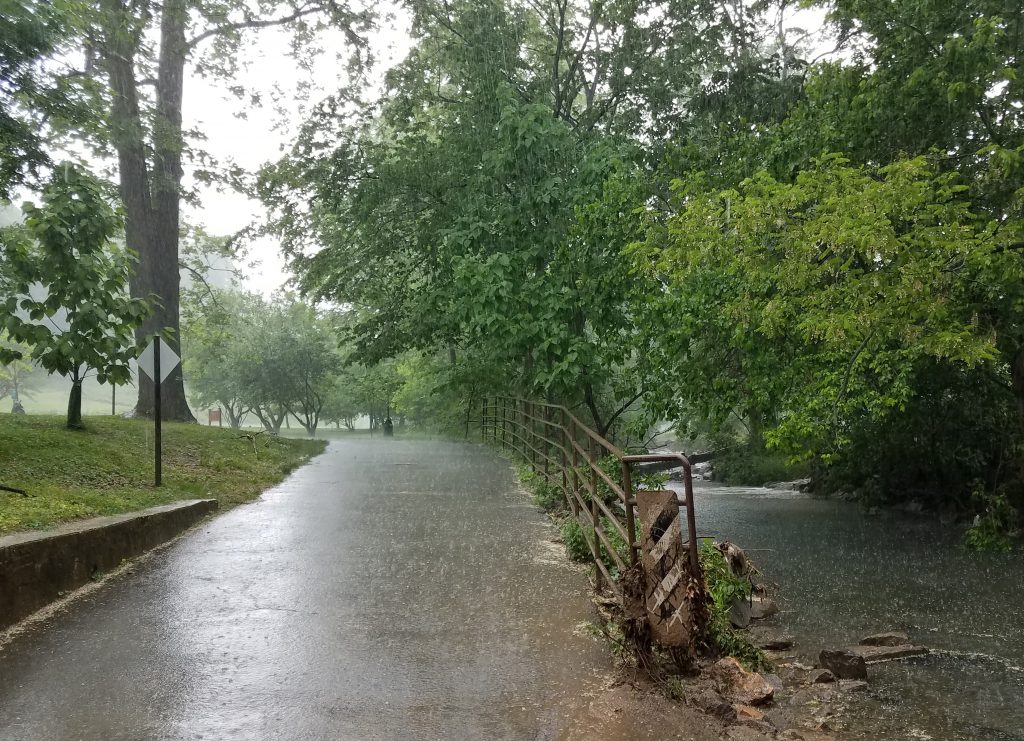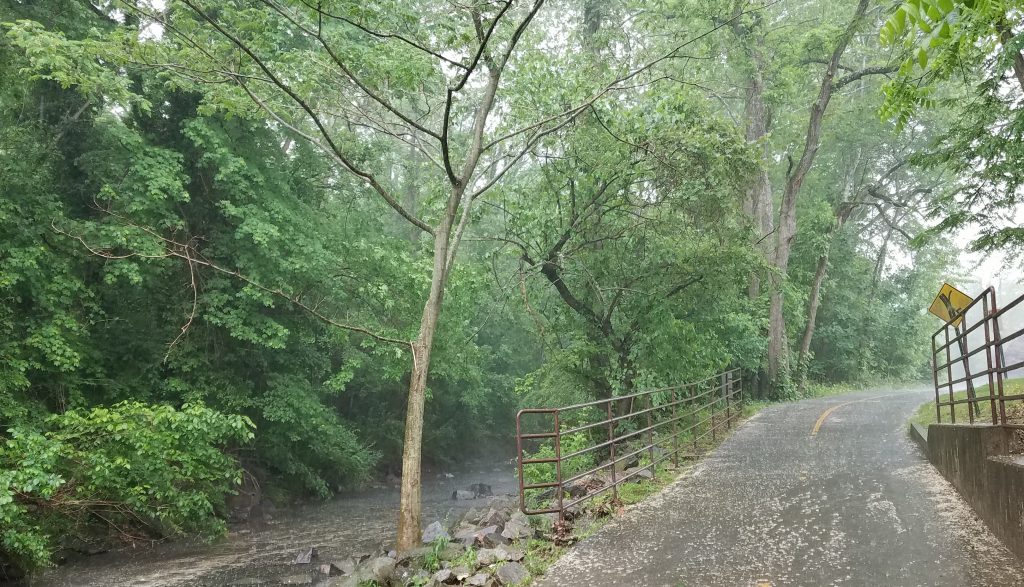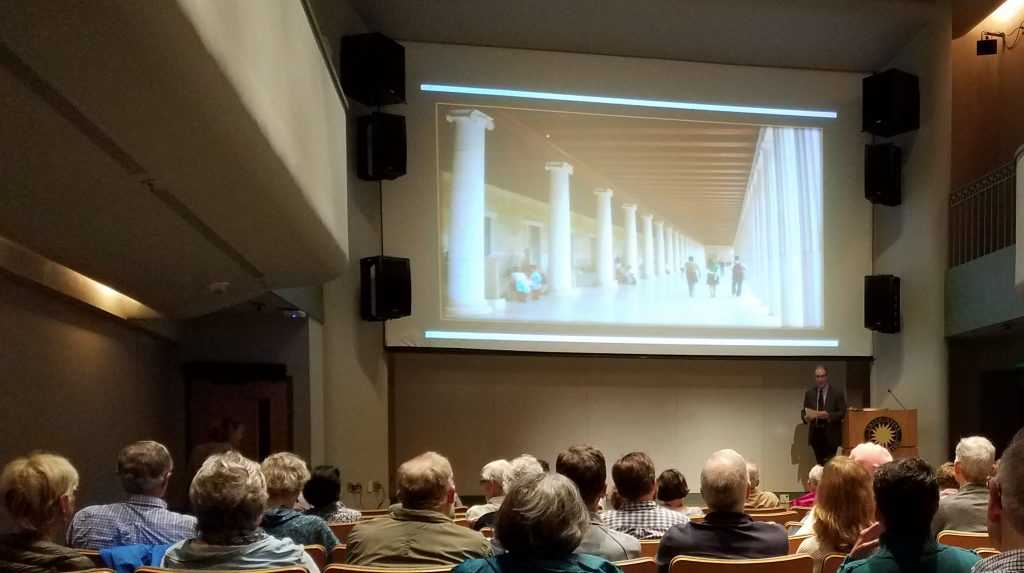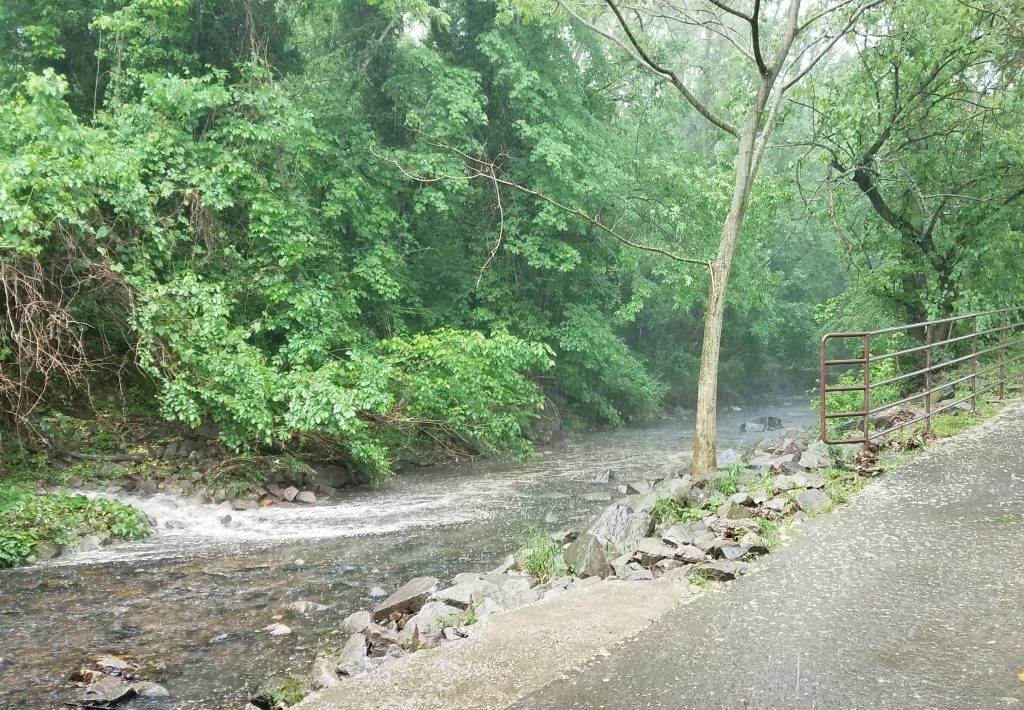Have you ever engaged in an act of spontaneous generosity? My Story Worth question for this week.
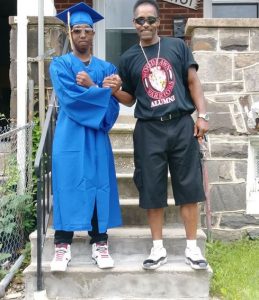
We had just harvested timber, so I had the cash. And even though timber harvests are expected and planned parts of our forest enterprise, it still seems like a windfall when decades of waiting come in, so maybe I was more inclined than I might otherwise be to be generous.
I was out in front of Mariza’s house in Baltimore, pulling up some of the landscaping fabric. When they “flipped” her house, they laid the fabric just on top of the dirt and staked it down. It made it look good for a few months, long enough to sell the house, but it was not a long-term solution. Pulling it up along with all the rocks and the plants that have managed to root though the holes is fairly hard work and it was a hot day, so I accepted the offer of the guy who wandered by pulling a lawn mower and some garden tools.
He was a hard-working guy, so I wondered why he seemed to be in such a precarious financial position. He said that he liked to work for himself, and had done okay for some years, but had fallen are harder times lately since he had lost his truck. With a truck, he went on, he could travel farther for business and even employ some of his friends. These are the kinds of enterprises you see advertised as “two guys and a truck,” along with an hourly rate to be paid in cash, usually in advance. Most people are not willing to pay for those two guys w/o a truck.
I asked him if I could lend him money to help him buy a truck. What convinced me that he was an honest man is that he said no. He didn’t know if he could pay it back. It took a while to convince him that I was confident enough to invest in him and that I did not need a quick turnaround. We had a few glitches. I wrote a check, but he did not have a bank account, so got stuck with those fees at the “checks cashed” facilities. I always wondered who used those places.
My father told me that, when he was young, people like him did not have bank accounts, but I figured that those days were passed. I was mistaken.
It would be unfair for me to characterize my friend’s life, since it is not my story to tell. Suffice it to say, our life experiences were different, but we wanted some of the same things. We wanted to take care of our families, be true to our friends, and be respected for the work we did. If I could help this good man do that, it would be worth it.
The truck helped my friend make a living and it helped the people around him. He told me because he had a truck, he could help his neighbors move and drive his kids to events and school. We had an interesting talk about the latter.
Seems he was dropping off his daughter and a cop gave him a ticket for “standing”. He thought that was unfair and as he explained it, I thought it was unfair too. I told him that he should contest the ticket. He averred that it didn’t matter, and he would not be treated fairly no matter. I told him to go to court anyway, if for no other reason than just to make it a little harder on the man. In the end, they dismissed the whole ticket. The outcome surprised him and evidently his friends.
By lending him the money, I showed respect for him and that I wanted to be part of his enterprise. The money was sure important, but I think the dignity was there too. Ours was a relationship of equal adults, interested in a common outcome. That was why it was hard for me to know what to do when he wanted to pay the money back. Not taking the money could be a betrayal of the relationship of mutual respect. Generosity might hurt. Taking the money that he still needed a lot more than I did seemed tawdry.
I got the idea to “pay it forward” from a movie by that name. The movie was silly, but the idea was good, and it worked. I told him that he should put whatever profits thought appropriate into helping his neighbors and his family. I told him that there would be no accounting and I would never ask about it again because I trusted him to do the right thing.
As promised, I never asked, but I think it did help get him over a hump in his life. It has been four years now, so I think we have a success. He kept in touch and kept me in the loop about things, even though I never asked. He is a good man, who deserved my help. It was a blessing to me to be able to give it.
I will be having lunch with him next week for his birthday. I invited him to celebrate his son’s graduation from HS. He sent me copies of his kids’ report cards. They did well.
Update from July 11, 2019
Had lunch with my friend Kevin and his son, KP. I helped Kevin buy a truck a couple years back. He needed it to help him earn his living, which he did gardening and moving. He is one of those “two guys and a truck” you sometimes see advertised. He says it really helped him get over a tough patch in his life and we kept in touch.
I don’t get up to Baltimore much since Mariza moved out. It was fun to walk around the harbor again. I thought I took some pictures, but evidently I did not, except for the “art” picture and the picture of the door of the garage. I take a picture of the place where I park the car when I park in an unfamiliar place. The art pictures are those I take of my figures or just push the button w/o knowing. I guess I just missed on the others or deleted them by mistake. No matter. They were just tourist photos anyway. I do have pictures of Kevin and me, however. We had lunch at Mo’s Seafood and had their signature crab cakes.

